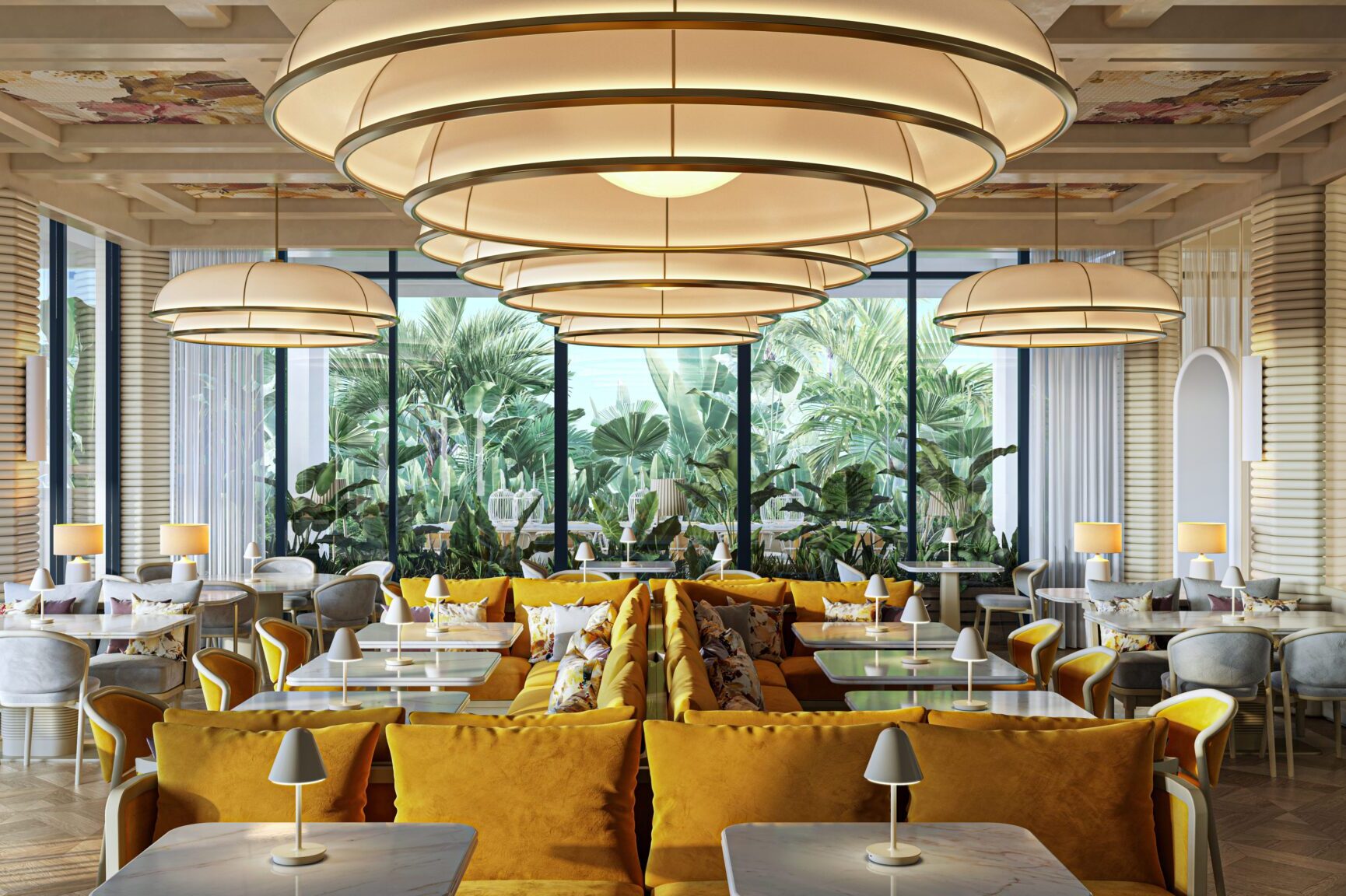Skift Take
There is a boom in private clubs around the world. But, in the race to garner members and open outlets, personalized service and the underlying craft have gone missing. True hospitality plus thoughtful social and commercial dot-connecting remains a nice open white space.

On Experience
Colin Nagy, a marketing strategist, writes this opinion column for Skift on hospitality and business travel. On Experience dissects customer-centric experiences and innovation across the luxury sector, hotels, aviation, and beyond. He also covers the convergence of conservation and hospitality.
You can read all of his writing here.
Private members clubs are surging. What began with Soho House’s template of global expansion has spawned a variety of new players.
The Hollywood-centric San Vicente Bungalows plans to open in New York, which has its own new scene with the likes of Zero Bond, Casa Cipriani and Casa Cruz. London, which has a storied history of members clubs, has a flood of new entrants. In Doha, Soho House offshoot the Ned has a well-designed outpost in a stunning former Interior Ministry building.
Aside from the desire for festive experiences post-COVID, the business model also proves irresistible: a joining fee and yearly dues supercharge profit margins from food, beverage and rooms.
But there’s the inevitable “but”: Older member clubs have well-worn standards of decorum, thoughtful approaches to service and a patina and vibe in keeping with a well-worn club chair. Some of the new clubs are missing that magic.
To understand the evolution of the space, I spoke to Michael Fuerstman, Co-founder and Creative Director of Pendry Hotels, and part of the family behind the esteemed luxury brand Montage. The company is opening The Elwood Club, attached to a new Pendry Hotel in Newport Beach.
Fuerstman first caught my eye when he successfully ported the luxury savoir-faire of high-end Montage resorts into a new urban-centric brand, Pendry. The execution was exceptional and I was curious about his vision for members clubs.
“Members clubs are having a moment right now,” said Fuerstman. “They’ve been around since the dawn of time. Their popularity sort of waxes and wanes based on what’s happening in the world. I’d say now kind of coming out of COVID in particular, there’s this sort of renaissance people are trying to create more clubs, there’s a need for belonging and connection.”
For the Elwood Club, Fuerstman says he’s been mindful to figure out what is missing from the market.
“There’s not a social club per se in Newport that people are excited about that they want to be a part of,” said Fuerstman. “And the market has become much more sophisticated in the last 10 years and certainly in the last five years, you have a lot of people that have moved out of major cities and have moved to Southern California Newport Beach for lifestyle, but they don’t have the lifestyle amenities to sort of meet their needs.”
The new club will draw on the luxury feeling of Montage, but also not forget the different levels of service expected in a member’s environment. First, it is the club-like feeling of belonging where you can always get a reservation, and also a bit of delightful excess that comes with a membership fee. Fuerstman says the member’s fee gives them the financial breathing room to “take care of people the way they want to.”
That includes making the culinary experience more interesting than is possible in normal restaurants with razor-thin margins.
“You can celebrate culinary in a way that you can’t in a normal F&B environment because you have members that are subsidizing the experience to some extent,” said Fuerstman. “Here’s a splash of champagne for everybody that sits down. Here’s a personalized napkin or coaster, or steak knife for everybody that sits down, here’s the best breadbasket you’ve ever had and all these incredible things before you even ordered anything.”
Fuerstman thinks this hotel-centric and hospitality-centric approach will help them stand out. Some members clubs, like Soho House, started out with a club and tacked-on rooms. But the family has been crafting and refining luxury service delivery through a range of hotels and branded residences around the world.
This history and knowledge will carry through and be updated for a club setting: people from the existing luxury hotels operated by the two brands will be involved with the approach to hospitality and service design.
Fuerstman realizes that a club-like experience is unique. It is often about the theater of entertaining and making members feel important and recognized in front of their own guests, something every good Italian restaurant has done since beginning of time.
Fuerstman says it is “like the service they provide to their residential owners and their all-time best hotel guests, but every member needs to feel that way.”
He suggests it will take time and passion to get there. He will also need to hire and attract staff with the right touch and aptitude, but when some of the costs are subsidized by a member fee, it opens up a new possibilities.
In a world of de-personalization, with LinkedIn and endless Zoom calls, the notion of cultivating quality personal networks is more valuable and much more difficult to sustain.
So when a club can serve as the flywheel to make this happen through information sharing, curiosity, and understanding adjacent areas of interest, and if you can create a place where high-performing people connect dots, value is created. When you layer on the creature comforts of great hospitality, the resulting approach can serve as a market differentiator and create actual loyalty.
Have a confidential tip for Skift? Get in touch
Tags: future of lodging, membership clubs, On Experience, soho house
Photo credit: A rendering of the Elwood Club dining room. Members' clubs are booming. Source: The Elwood Club
